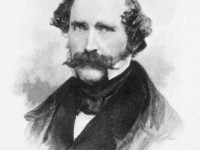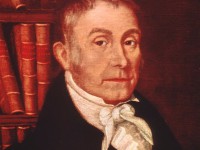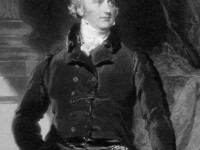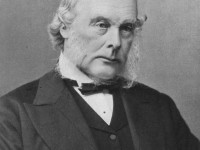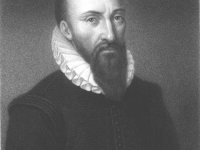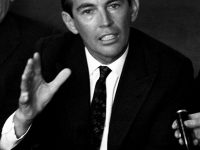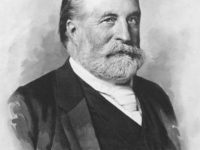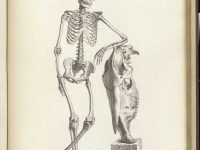William Morton and the Painless Ether Anesthesia
On August 9, 1819, American dentist William Thomas Green Morton was born. He was the first to publicly demonstrate the use of inhaled ether as a surgical anesthetic in 1846. Morton is credited with gaining the medical world’s acceptance of surgical anesthesia. But, can you imagine a surgery without any anesthetic? Standing the pain of an operation, feeling every cut? Better not. Nevertheless, anesthetics already have a long tradition. The History of…
Read more

